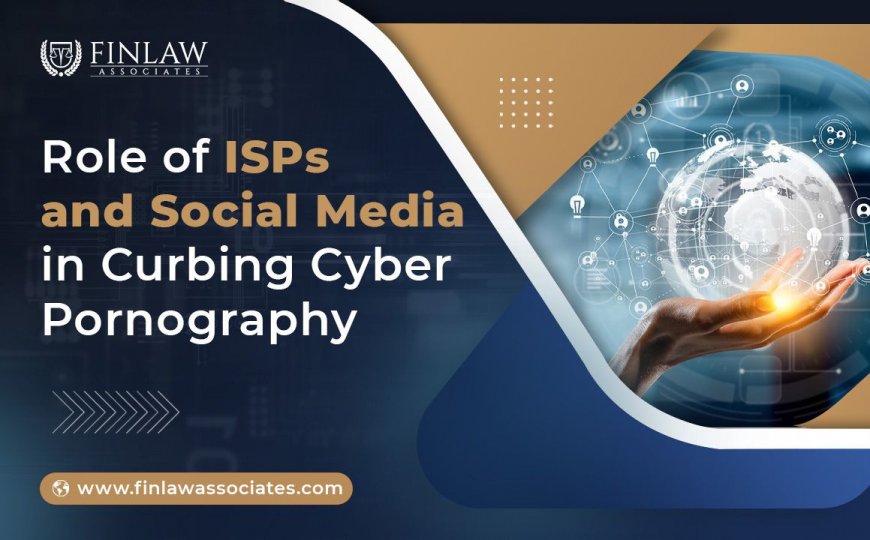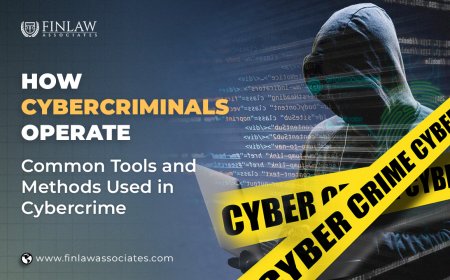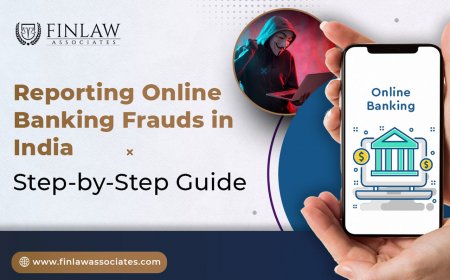Role of ISPs and Social Media in Curbing Cyber Pornography
Explore how ISPs & social media tackle cyber pornography in India, their roles, challenges, and impact on a safer digital environment.

Cyber pornography is a pressing issue in India, necessitating proactive measures from various stakeholders, including Internet Service Providers (ISPs) and social media platforms. This blog delves into the roles of ISPs and social media in curbing cyber pornography, the challenges they face, and their contribution to a safer digital environment. For an in-depth understanding of the legal framework addressing cyber pornography in India, visit our Addressing Cyber Pornography in India: Legal Framework and Challenges.
The Role of ISPs in Controlling Cyber Pornography
1. Content Monitoring and Filtering
-
ISPs play a critical role by monitoring traffic and blocking access to websites hosting illegal content. This includes using filtering tools to identify and restrict pornographic content that violates Indian laws.
-
However, ISPs face challenges in striking a balance between censorship and privacy. Many argue for a nuanced approach that protects freedom while targeting unlawful content.
2. Legal Mandates for ISPs in India
-
The Information Technology Act, 2000, and subsequent amendments outline ISP responsibilities to prevent access to obscene content. Non-compliance can lead to penalties and loss of licenses.
-
For more on cyber crime penalties, explore our guide on Cyber Crime Punishment in India: Understanding Laws, Penalties, and Legal Recourse.
3. Collaborations with Law Enforcement
-
ISPs often work with law enforcement agencies to report and remove illegal content swiftly. Such collaborations aid in monitoring trends and sharing data for effective action against cyber pornography.
Social Media's Role in Curbing Cyber Pornography
1. Content Moderation and AI Technology
-
Social media platforms invest in AI-based content moderation to detect and remove explicit or harmful content. These automated systems are designed to flag offensive material before it becomes widely accessible.
-
However, certain gaps in AI-driven moderation still exist, highlighting the need for continuous improvement.
2. User Reporting Mechanisms
-
Social platforms empower users to report explicit content, allowing quicker action against cyber pornography. Public awareness about these reporting mechanisms also needs enhancement for greater impact.
-
The user’s role becomes significant, and encouraging community reporting can help reduce the spread of offensive content. To learn more about how social media contributes to this issue, check out Role of Social Media in the Spread of Cyber Pornography in India.
3. Compliance with Local Regulations
-
Social media platforms operating in India must comply with local laws, including banning explicit content that may be legal elsewhere but restricted in India.
-
For tips on reporting cyber crimes, check our guide on Best Practices for Writing a Cyber Crime Complaint Letter and Its Format.
Challenges and Ethical Concerns
1. Privacy vs. Surveillance
-
Ensuring user privacy while actively filtering content is a critical ethical dilemma. Social media companies and ISPs must ensure their actions are compliant with user rights to privacy.
2. Global Platforms, Local Laws
-
Social media companies face challenges adapting global policies to local regulations, with India’s strict cyber laws often necessitating customized approaches.
Conclusion
The fight against cyber pornography requires a concerted effort from ISPs, social media platforms, government authorities, and users themselves. ISPs and social media giants play crucial roles by ensuring proactive monitoring, fostering collaborations with authorities, and implementing technology-based solutions to curb harmful content.
What's Your Reaction?















